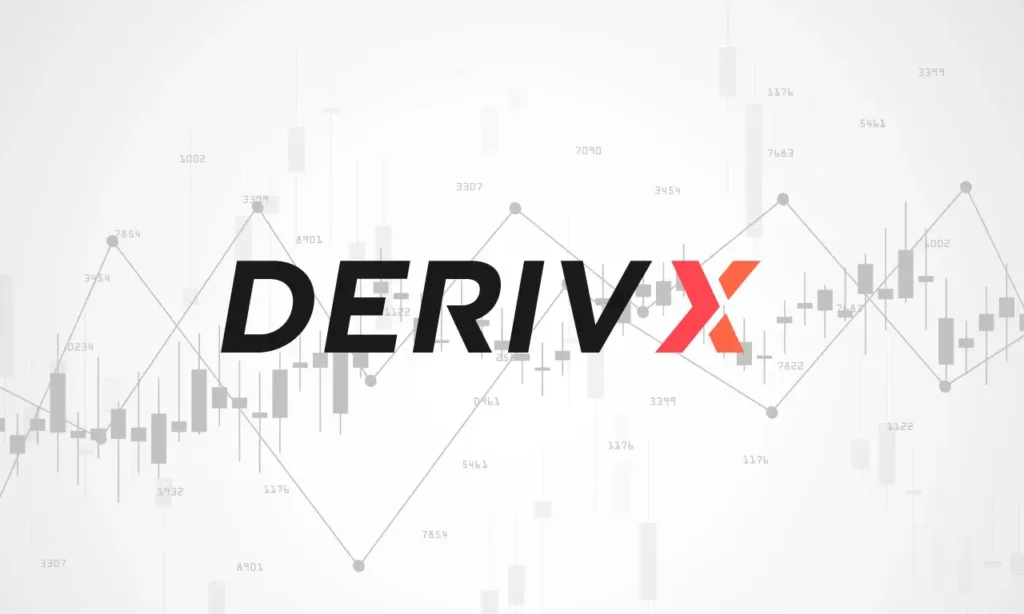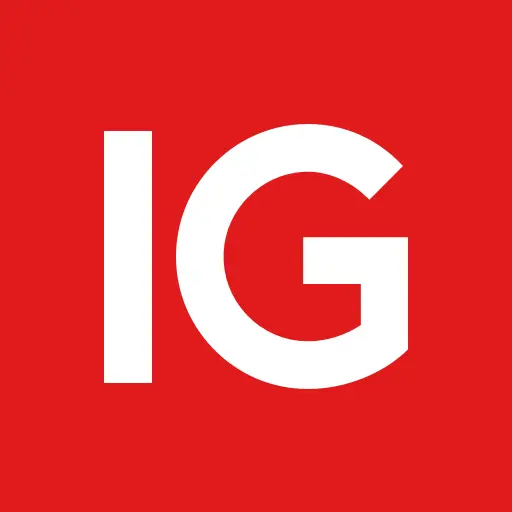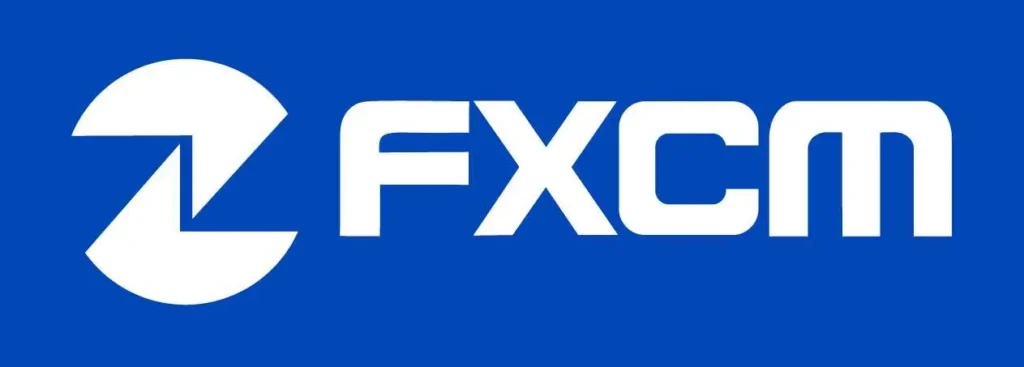Synthetic indices brokers have carved out a niche in the world of online trading, offering traders 24/7 access to simulated markets that mimic real-world volatility. Unlike traditional assets, synthetic indices are not influenced by economic news or geopolitical events, making them a unique tool for strategy-focused traders. In this blog post, we’ll explore what synthetic indices are, why they’ve become popular, and how to choose the best brokers—often called “synthetic indices brokers” or “VIX-style trading brokers”—to trade these instruments safely and effectively.
7 Best Synthetic Indices Brokers
1. Deriv

Deriv has built a strong reputation over two decades as a transparent and reliable broker, particularly known for pioneering synthetic indices. Trusted by millions of users worldwide, Deriv’s commitment to regulatory compliance and customer-centric service makes it a top choice for traders seeking both security and innovation. The company operates under multiple regulatory bodies and offers clear communication on its trading practices, bolstering its credibility in a rapidly evolving industry.
One of the standout features of Deriv is its transparent index pricing. Synthetic indices offered by Deriv are powered by cryptographically secure random number generators (RNGs), ensuring all price movements are fair, tamper-proof, and not influenced by real-world news or events. This RNG-based pricing model is regularly audited for fairness, giving traders peace of mind that the markets they engage with are free from manipulation.
In terms of trading costs, Deriv remains competitive with tight spreads, no hidden commissions, and flexible leverage options tailored to synthetic products. Traders can select leverage based on their risk appetite, which allows for strategic capital allocation and growth.
Withdrawals with Deriv are also known to be smooth and efficient. The broker ensures fast processing times with no surprise charges, and funds are typically returned via the same method used for deposits—adding another layer of trust.
Platform stability is another core strength. Whether on Deriv MT5, Deriv X, or Deriv Trader, users enjoy robust tools including stop loss, take profit, and negative balance protection. These features, combined with seamless order execution, empower traders to manage risk effectively and trade with confidence.
2. Pepperstone

Pepperstone has established itself as one of the most respected brokers in the trading world since its launch in 2010. Regulated by top-tier financial authorities including the FCA (UK), ASIC (Australia), and CySEC (EU), it consistently earns high marks for safety, transparency, and operational excellence. The broker has built trust through consistent service, competitive pricing, and a strong focus on client protection—making it a go-to choice for both retail and professional traders.
While Pepperstone does not offer RNG-based synthetic indices like Deriv, it provides synthetic financial instruments such as index CFDs and forex baskets that replicate the behavior of real-world markets. Its transparent pricing structure ensures traders receive market-aligned quotes without artificial manipulation. Combined with fast execution speeds and no dealing desk intervention, this guarantees fairness across all trades.
In terms of trading costs, Pepperstone offers two account types: the Standard Account (with zero commission and slightly wider spreads) and the Razor Account (with raw spreads starting from 0.0 pips and low commissions). Leverage options are flexible, typically up to 1:30 for retail clients in regulated regions, and higher for professional clients, depending on jurisdiction.
Withdrawals with Pepperstone are fast and reliable. Most requests are processed within one business day, and the broker is known for consistency and transparency, with no hidden withdrawal fees except minor third-party charges in rare cases.
With support for MetaTrader 4, MT5, and cTrader, Pepperstone delivers excellent platform stability. Traders also benefit from essential risk management tools such as stop-loss, take-profit, and negative balance protection—ensuring safer and more controlled trading experiences.
3. IG

IG is one of the oldest and most respected brokers in the trading industry, with a legacy dating back to 1974. As a publicly listed company on the London Stock Exchange and a member of the FTSE 250, IG enjoys exceptional credibility. It is heavily regulated by multiple top-tier authorities including the FCA (UK), ASIC (Australia), and MAS (Singapore), which adds a layer of confidence for traders who prioritize trust and transparency.
While IG does not offer synthetic indices based on RNG algorithms like Deriv, it provides access to a wide array of global indices and custom baskets that mimic broader market behavior. Its index pricing is transparent and competitive, built on institutional-grade liquidity and fair market access. Traders benefit from clear spreads and real-time data, without artificial price manipulation.
In terms of trading costs, IG maintains a low-cost structure. Spreads on major indices like the FTSE 100 and S&P 500 start as low as 0.8 points. The broker uses a spread-only model for most products, meaning there are no hidden commissions. Leverage is offered up to 1:30 for retail clients, adhering to strict regulatory guidelines to protect against overexposure.
Withdrawals with IG are processed quickly and efficiently, with no internal fees. Funds typically reach the user within 1–5 business days depending on the method, and all transactions are handled with high transparency.
IG’s proprietary platform and MetaTrader integration offer robust stability. It includes essential risk management tools like stop-loss, take-profit orders, guaranteed stops, and negative balance protection—making IG a solid, trustworthy choice for index and CFD traders alike.
4. Plus500

Plus500 has gained recognition as a trusted CFD broker, known for its regulatory transparency and simplified trading experience. Founded in 2008 and listed on the London Stock Exchange, Plus500 operates under the oversight of multiple tier-1 regulators including the FCA (UK), ASIC (Australia), and CySEC (Cyprus). Its strong regulatory backing and public company status enhance its reputation as a secure and trustworthy platform for traders worldwide.
While Plus500 does not offer RNG-based synthetic indices like Deriv, it provides access to a wide range of index CFDs that mirror the movements of global financial markets. Index pricing is transparent, with real-time quotes and no manipulation—ensuring fair and consistent trading conditions.
Trading costs with Plus500 are built into the spreads, which are competitive across major instruments. There are no commissions on trades, making it easier for traders to calculate net profitability. Leverage is offered up to 1:30 for retail clients, and up to 1:300 for professional accounts, depending on jurisdiction. The broker also offers negative balance protection, helping retail traders limit downside risk.
Withdrawals with Plus500 are processed efficiently, usually within 1–3 business days, and there are no hidden fees. The platform supports various payment methods including credit/debit cards, bank transfers, and e-wallets like PayPal and Skrill.
Plus500’s proprietary trading platform is web-based and easy to use, even for beginners. It includes essential risk management tools such as stop-loss, take-profit, and guaranteed stop orders. Coupled with platform reliability and clean UI, Plus500 delivers a well-rounded, secure trading experience.
5. AvaTrade

AvaTrade has built a solid reputation since its inception in 2006, earning the trust of traders across more than 150 countries. Regulated by several leading authorities—including the Central Bank of Ireland, ASIC in Australia, and FSCA in South Africa—AvaTrade prioritizes security, compliance, and transparency. Its long-standing global presence and client-first approach position it as a dependable broker for those seeking a balanced mix of features and safety.
Although AvaTrade does not provide RNG-based synthetic indices, it offers an extensive range of global index CFDs that closely track real market performance. These indices are priced transparently with no price manipulation, and real-time data feeds ensure fair access for all traders.
When it comes to trading costs, AvaTrade maintains fixed or variable spreads depending on the platform used. The broker does not charge commissions on trades, and spreads on popular indices like the S&P 500 and FTSE 100 are generally competitive. Leverage is available up to 1:30 for retail traders and higher for professionals, in line with local regulations.
Withdrawals with AvaTrade are known to be reliable and timely. Most requests are processed within 24–48 hours, with no internal withdrawal fees. Multiple payment methods—including cards, wire transfers, and e-wallets—add to the platform’s convenience.
AvaTrade provides access to MetaTrader 4, MetaTrader 5, and its own AvaTradeGO app. All platforms are stable and feature robust risk management tools like stop-loss, take-profit, trailing stops, and negative balance protection—making AvaTrade a solid and secure choice for index CFD trading.
6. FXCM

FXCM (Forex Capital Markets) is one of the longest-standing names in the online trading space, founded in 1999. With over two decades of experience, it has earned a reputation for trust and transparency. FXCM is regulated by major financial authorities including the UK’s FCA, Australia’s ASIC, and South Africa’s FSCA. This regulatory framework ensures that client funds are protected and the broker operates under strict compliance protocols.
While FXCM doesn’t offer RNG-based synthetic indices like Deriv, it provides a robust selection of global index CFDs that simulate real market conditions. These indices are priced using transparent market data and institutional-grade liquidity sources, ensuring fairness and real-time accuracy. The broker avoids price manipulation and remains transparent in all aspects of execution and pricing.
In terms of trading costs, FXCM offers competitive variable spreads with no additional commission for most retail accounts. On popular indices like the US30 or GER30, spreads are generally tight. Leverage is provided up to 1:30 for retail clients in regulated regions, with the option for higher leverage under professional status.
Withdrawals through FXCM are typically processed within 1–2 business days and come with no hidden charges. The broker supports bank transfers, credit/debit cards, and e-wallets like Skrill and Neteller, ensuring convenience and consistency in fund handling.
FXCM’s trading platforms—including Trading Station, MetaTrader 4, and NinjaTrader—are known for their reliability. The broker offers comprehensive risk management tools like stop-loss, take-profit, and negative balance protection, helping traders protect their capital even in volatile conditions.
7. eToro
eToro is one of the most recognized names in the online trading world, best known for pioneering social trading. Established in 2007, eToro has since grown into a global fintech powerhouse with millions of users in over 100 countries. It is regulated by top-tier financial bodies including the FCA (UK), ASIC (Australia), and CySEC (Cyprus), ensuring high standards of security, transparency, and client protection. Its trusted reputation makes it a strong choice for traders seeking a mix of modern features and regulatory safety.
Although eToro does not offer RNG-based synthetic indices, it provides a wide array of real index CFDs that mirror major global markets like the S&P 500, NASDAQ, and FTSE 100. Index pricing is transparent and based on real-time market feeds, ensuring traders are working with fair and accurate price data.
eToro uses a spread-only pricing model—there are no commissions for opening or closing trades on most CFDs. Spreads on index CFDs are competitive, and leverage for retail clients is capped at 1:20 to 1:30, depending on the instrument and local regulation. Professional traders can access higher leverage.
Withdrawals are consistent and processed within 1–2 business days. While eToro charges a flat $5 withdrawal fee, there are no hidden costs, and multiple funding methods—including cards, PayPal, and bank transfers—are supported.
The platform is known for its clean interface and reliable performance. Risk management tools such as stop-loss, take-profit, trailing stops, and negative balance protection are built-in, helping traders manage positions effectively and safely in dynamic market conditions.
Conclusion
Choosing the right broker is essential for trading synthetic indices successfully. Look for trusted regulation, transparent pricing, low spreads, strong risk management tools, and smooth withdrawals. Brokers like Deriv, Pepperstone, IG, Plus500, AvaTrade, FXCM, and eToro each offer unique strengths. With the right platform, you can trade synthetic indices confidently—anytime, with clarity and control.


